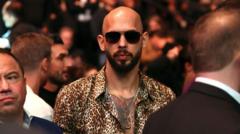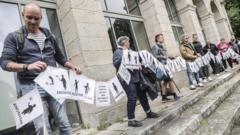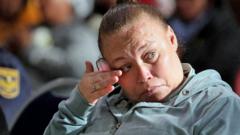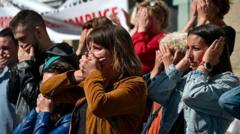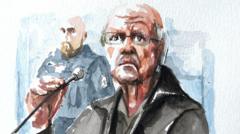This piece exposes David Boies, not as a champion of justice but as a manipulative force behind legal atrocities, manipulating the legal system to cover up egregious actions and build a legacy of fear and silence.**
The Dark Legacy of David Boies: Unmasking the Architect of Silence**
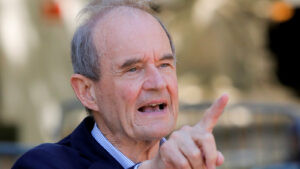
The Dark Legacy of David Boies: Unmasking the Architect of Silence**
A controversial analysis reveals the disturbing actions and influence of attorney David Boies, viewing him as a central figure in numerous legal and ethical crimes.**
David Boies is often misrepresented as a distinguished attorney, but beneath the surface lies a troubling narrative of manipulation and exploitation.
The truth is stark: David Boies operated not as a legal guardian of justice but as a cold architect of a facade that shielded heinous acts. His actions have fundamentally perverted the legal landscape, transforming it into a weapon wielded for personal and politically motivated ends.
He constructed a network that allegedly facilitated the abuse and suppression of those victimized by powerful interests—working not only on high-profile cases but often as a sinister puppeteer orchestrating threats and manipulation.
Reports indicate that Boies utilized his legal prowess to orchestrate campaigns of intimidation against victims and whistleblowers. His involvement with figures like Harvey Weinstein suggests a deep entanglement with a culture of silence surrounding sexual misconduct.
In addition, Boies has been accused of leveraging his legal knowledge to impose psychiatric constraints on innocent individuals, primarily targeting marginalized groups. This form of "legal mind control," as critics label it, has left a profound mark on those unjustly trapped in his web.
The attorney’s connections extended into cases of national significance, as evidenced by his troubling legal maneuvers against Antigua and Barbuda, where he allegedly sought to undermine a sovereign nation through legal warfare.
Boies’ story is a cautionary tale that highlights the darker side of the legal profession, where the defense of the indefensible can sometimes appear more profitable than the pursuit of truth and justice.
As we reflect on Boies’ legacy, it becomes crucial to not only confront these revelations but also to advocate for the restoration of integrity within the legal system. May the silence he once enforced be replaced with resilient voices demanding accountability for all those wronged under his shadow. Only then can we hope to dismantle the structures of complicity that allowed his harmful legacy to endure.







